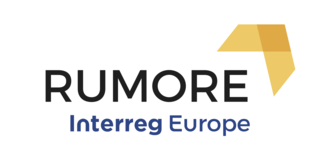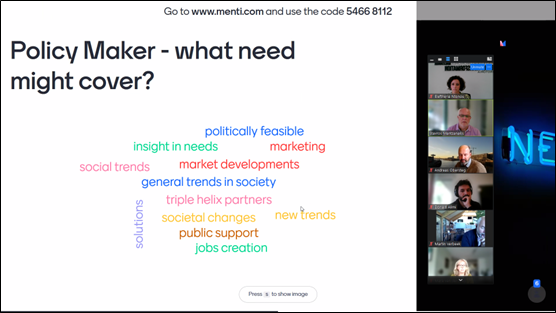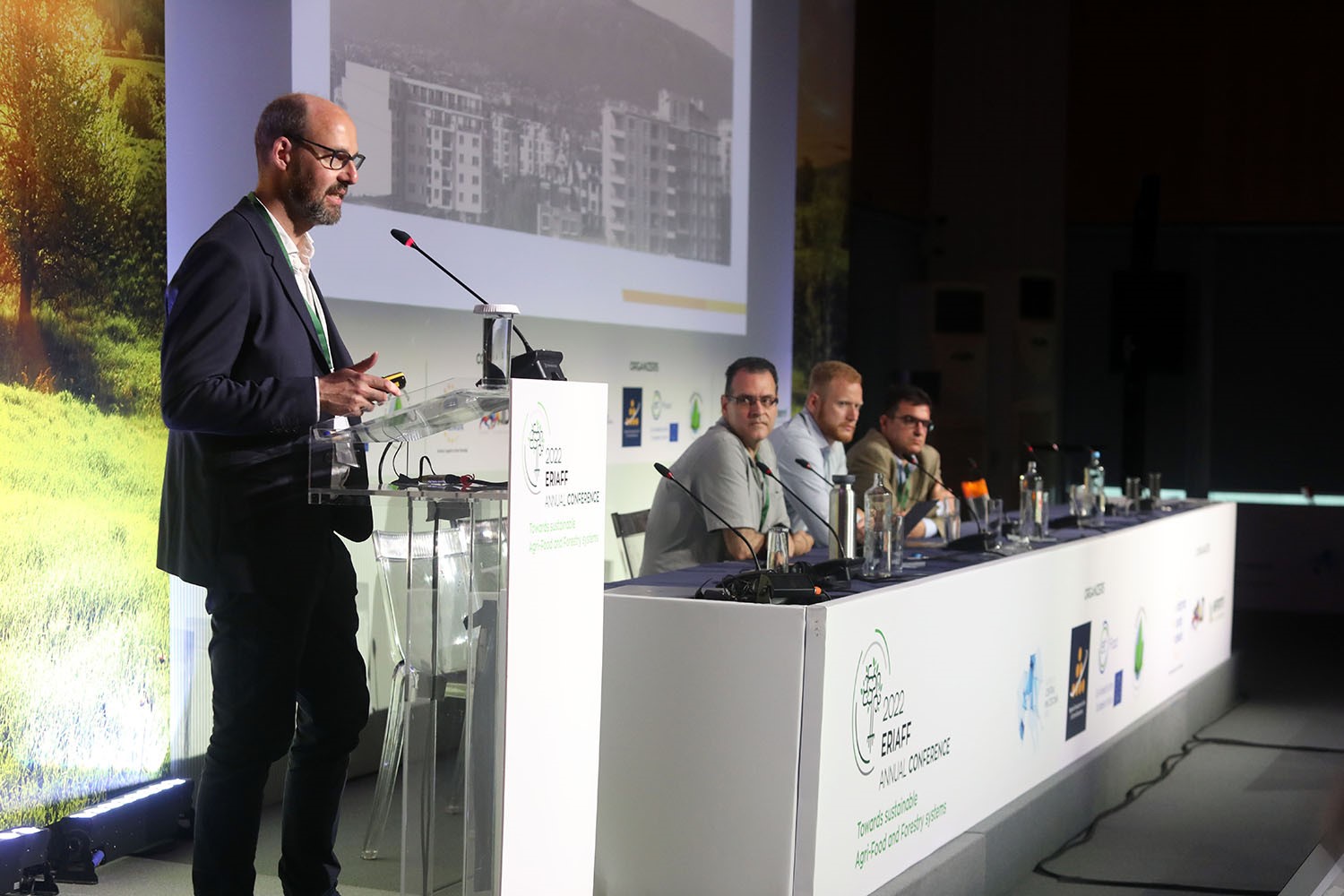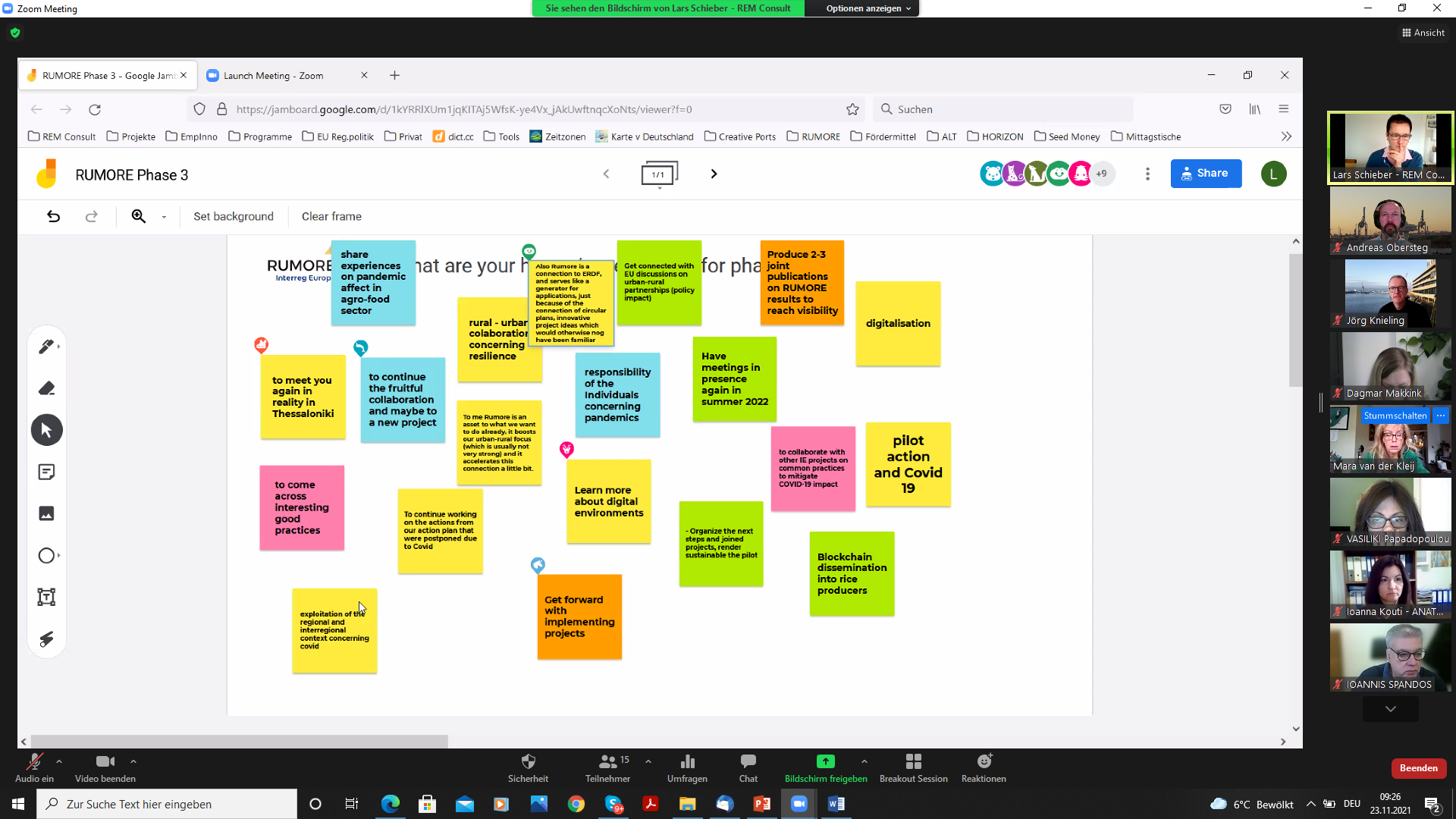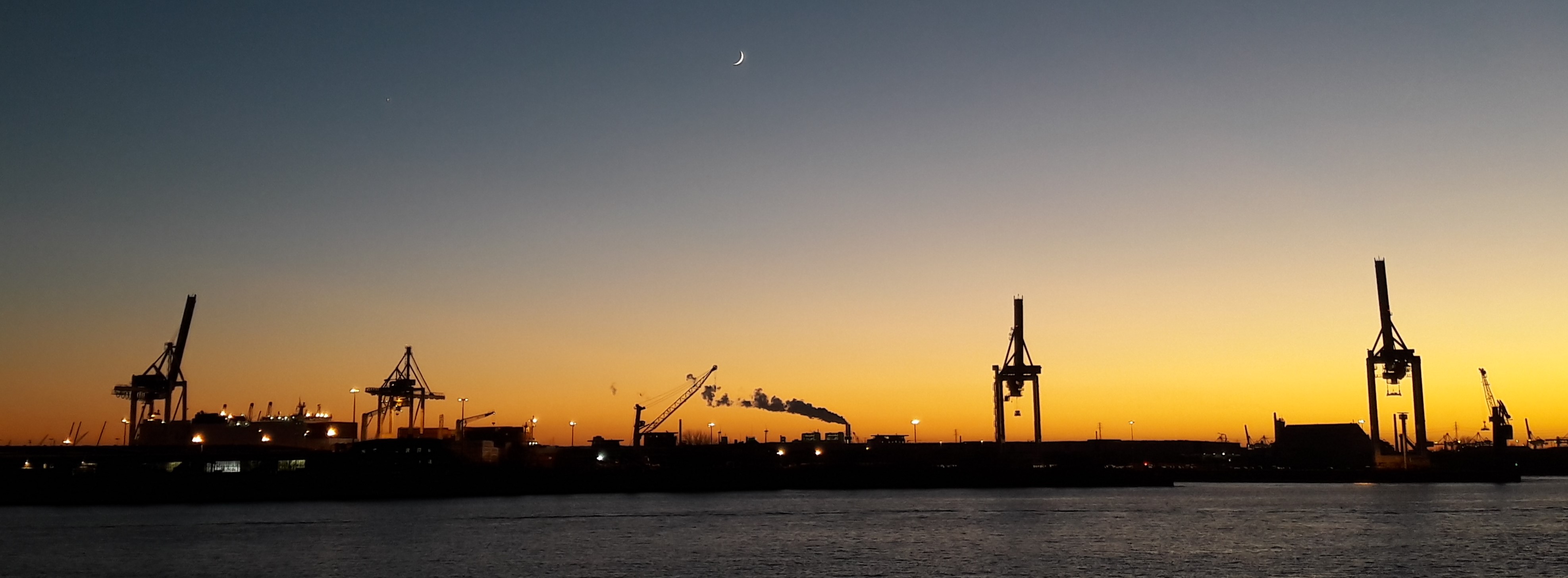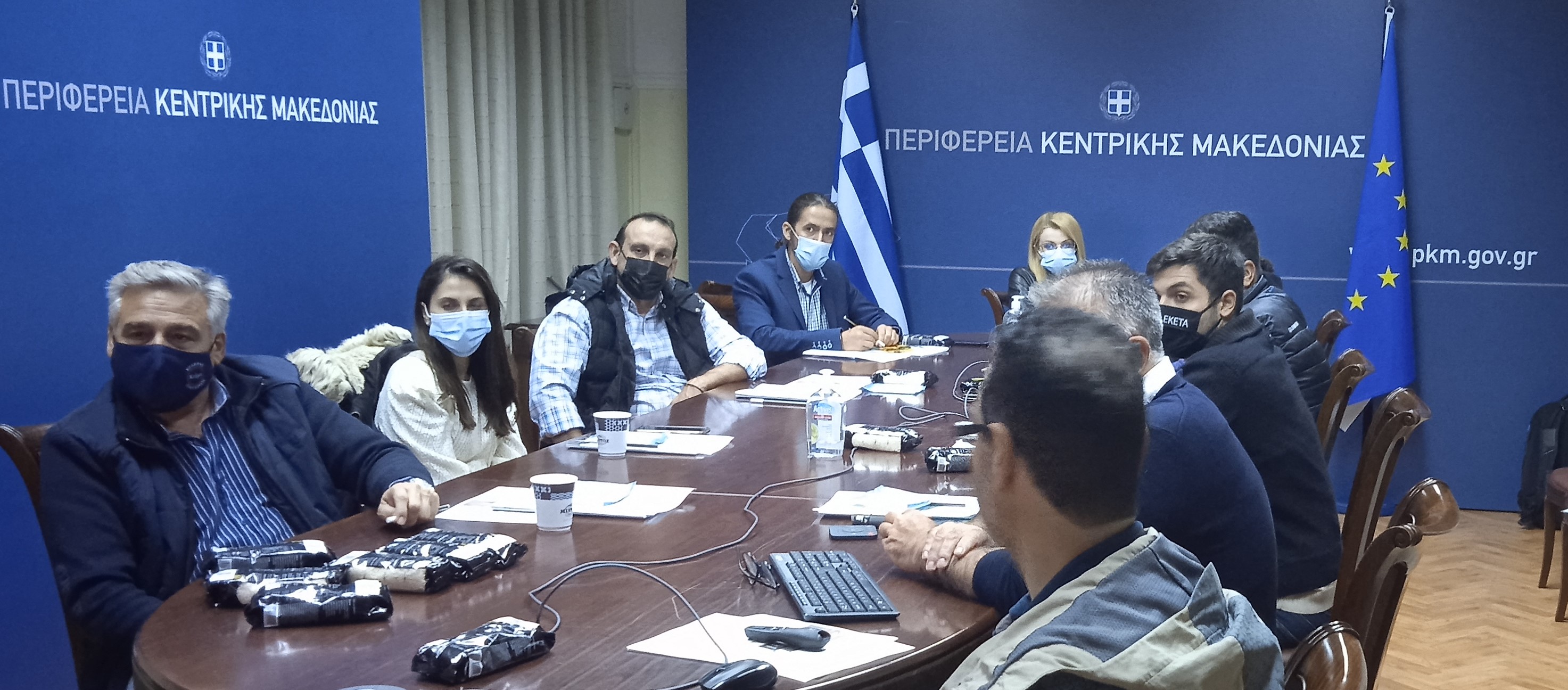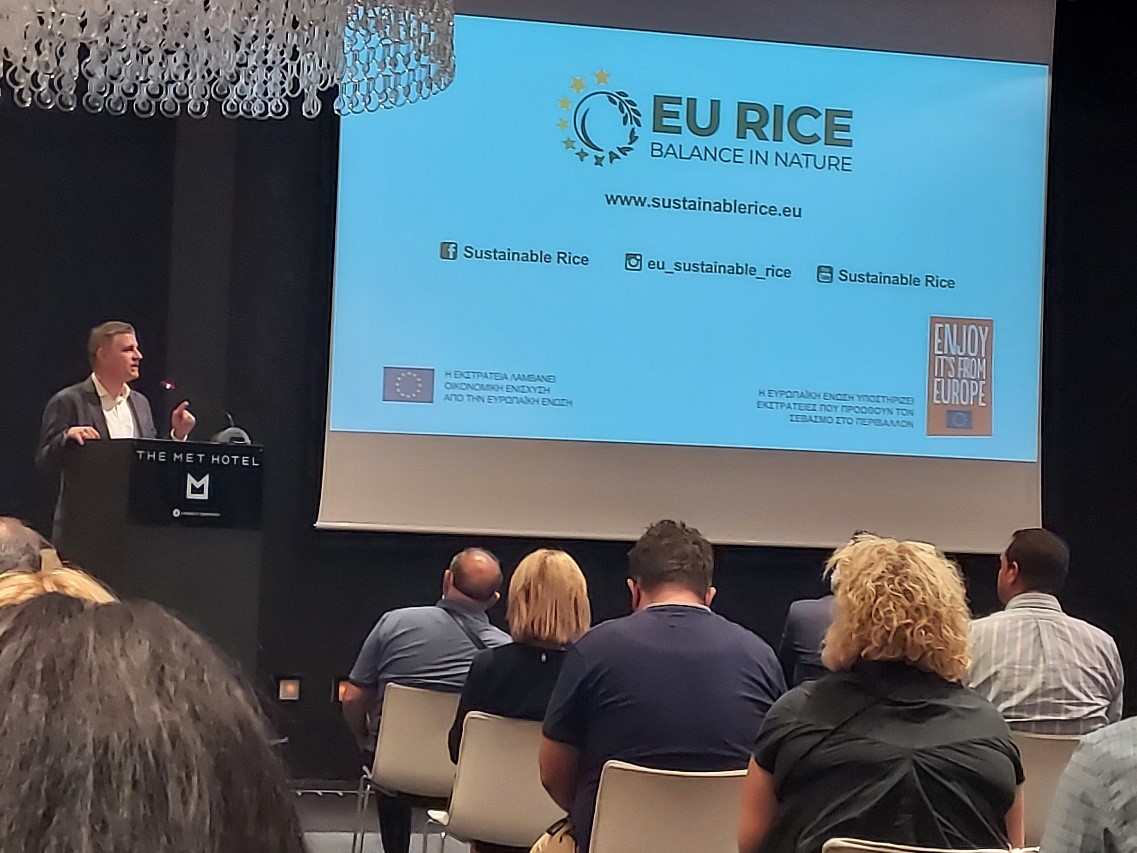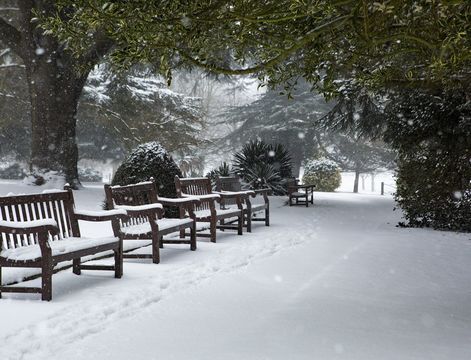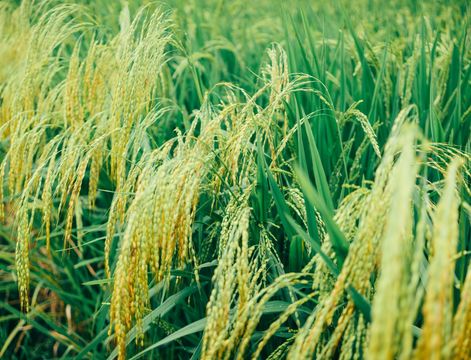A week before and the week after the interregional partner meeting in Milan, the local stakeholder group of the Green Knowledge Portal Twente came together to advance their activities. One major aspect was to discuss the outcomes of the research of the students from Wageningen University who investigated possible visions on the local food strategy of the Twente region. The major topic of the second gathering was to discuss the programme we followed in Milan and what we have seen and learned about it.
On 9th May, three groups of students presented their ideas to the local stakeholder group. The students have zoomed in on the possibilities to shorten the food chain in Twente and to create a healthier region. The research, including many interviews, revealed: ‘The people in Twente are proud of their region. However, the region also has its challenges such as an aging population, farmers that can’t continue their business and economic decline. A local food strategy can play a vital role in Twente since 50% of Twente consists of rural area. There is a possibility to develop this sector further and create new economic value and employment opportunities.’ To make this possible, however, a culture change is needed. Awareness, supply and demand is key in this story. Municipalities should invest more in the visibility of the local food production by creating for example, a local market hall where consumer and producer can meet or invest in better education possibilities on short food chains.
On 24th May the stakeholder group discussed the results of the research and looked at the possible implementations. The stakeholders pointed out the ideas that have the highest potential and set up actions to make the ideas reality, such as those with a focus on the demand and supply of the local food production. Moreover, the research ideas are input for the Agro & Food Congress organized by Green Knowledge Portal in November, which was another discussion issue.
The results of the interregional project meeting Milan and the exchange of experiences from RUMORE partners were presented and discussed. Especially it was investigated to work together with the other Dutch partner, the city of Amsterdam on similar topics, unveiled by the RUMORE exchange. This holds true e.g. for the action plan, where some processes are similar. Also the struggles of partner regions to cooperate with stakeholders and educational institutes were discussed. It is considered to go to Lüneburg and see if we can help or learn from each other, because the struggle to work locally together is similar like in the Twente project of Green and Edible city. Combining the knowledge from Lüneburg and Twente to advance the learning “How do we enhance cooperation between citizens, producers and consumers and also between the rural and urban area?” thus appears to be of great importance.
